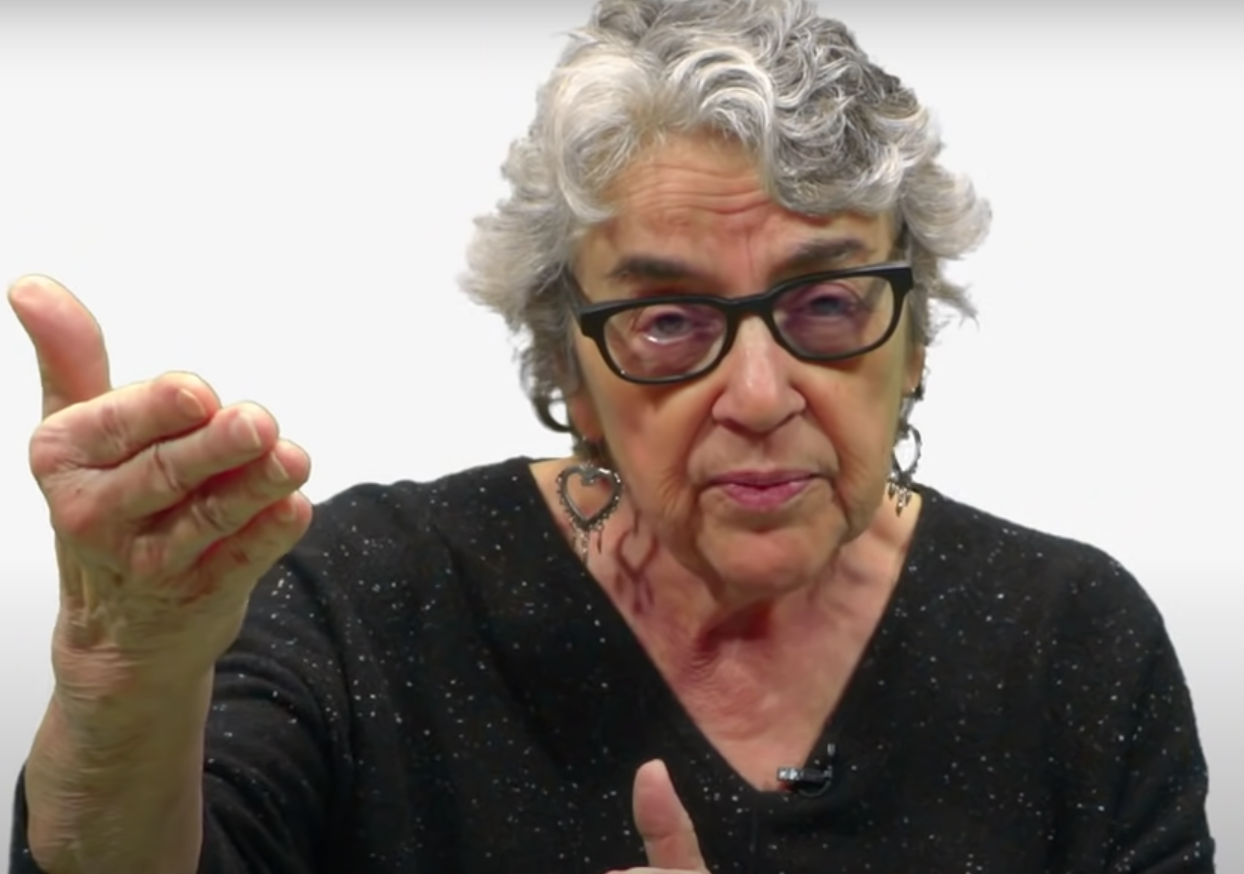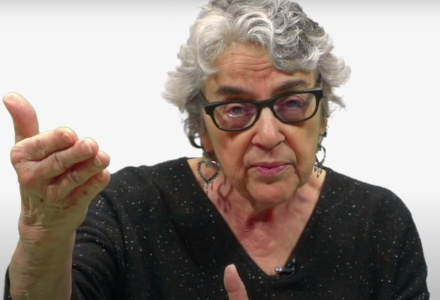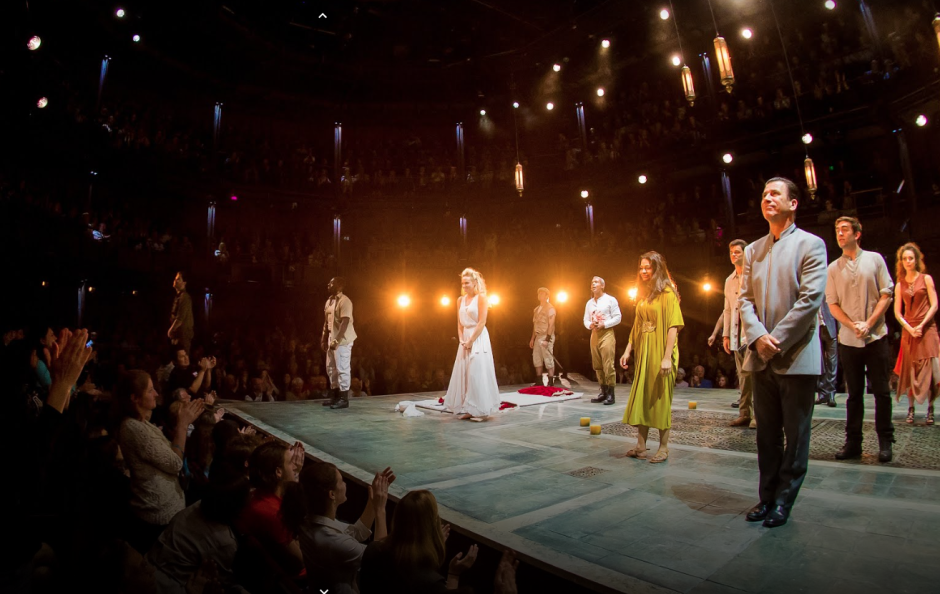Dr Anita Archer is an educational consultant to school districts on explicit instruction. She has taught primary and secondary school students, served on the faculties of several renowned universities, published numerous books about teaching and learning, and had a huge impact on education over her fifty five years in the profession. She is also, possibly, my favourite podcast guest of the academic year. Definitely my favourite academic quotation.
“We have no reported incidents of children dying of practice.”
Dr Anita Archer
So, starting with explicit instruction. Simply explicit instruction is instruction that is “direct as it is unambiguous” with the goal that the students would get it, would understand it and would learn.
Little to contest with there.
Next Anita addresses the value of “discovery” in learning.
I’m often asked, wouldn’t it be more motivating for students to learn it on their own, to discover it, to use authentic problems to discover it? It’s as if we have set up a total dichotomy between explicit instruction and discovery but we really should view it as a continuum. And when we look at the research on instruction we learn what are the attributes of that continuum. For example if you are teaching children that are novices, that have just never learned this body of knowledge in the past, it appears that they do much better if we explicitly teach them the information whether it’s knowledge or skills or strategies.
Dr Anita Archer
When the student is a novice, when the knowledge is new, explicit instruction would be desirable but then after you’ve gained lots of information, you’ve gained lots of skills then discovery is much more a viable option but only after you had explicit instruction.
If you are working with struggling students, we definitely know that they are going to gain more with very explicit instruction….We pick important content to teach them, we break it down into obtainable pieces but then our lessons are organized so that more learning could occur.
If you are not aware, Dr Archer is often attributed with the guided practice sequence, “I do it, we do it, you do it.” I will add whenever you hear Dr Archer explaining or demonstrating this approach, you will also hear her underline the importance of “checking for understanding.”
Dr Archer’s point, students are not only directly taught, but directly taught to practice. In defense of “drill and kill,” that opening quotation. “We have no reported incidents of children dying a practice.” Second, Dr Archer makes the case that explicit instruction can be has to be interactive. Note however, that that interaction in trained / taught.
I say something, you say something. I write something, you write something, all explicit instruction would be very interactive with students actively engaged throughout the entire lesson. We’d monitor and watch their responses, give them feedback on the responses.
Dr Archer
The other point you will pick up from her teaching – is the use of choral responding and reading, especially with explicit vocabulary instruction.
Her point, with 52 years experience behind her, explicit instruction, teachers would be setting up their students for success. Setting them up to solve authentic problems. Setting them up to generalise information to other situations. Deliberate practice, where students are practicing with a purpose, spaced over time.
That is not to say there isn’t a warmth to Dr Anita, there is. Having watched a bunch of video and listened to a handful of podcast interviews, you can not miss it. It is in the conviction with which she talks about about the importance education and value of teachers.
Teach with passion. Manage with compassion




Pingback: Reading out loud – proven benefits – Edventures